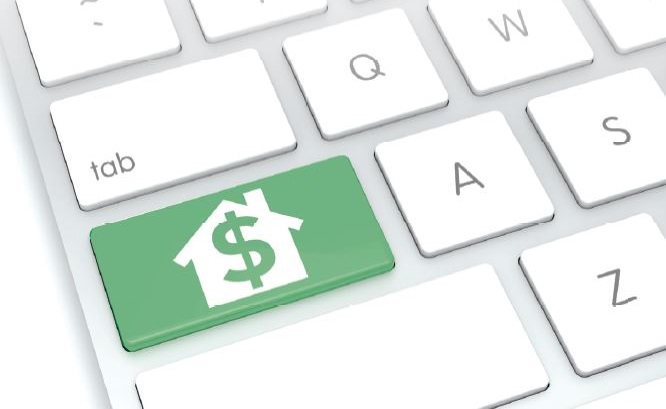Top Tax Issues When Subdividing Or Buying New Property
Investing in new property can seem like a daunting and risky prospect, while the development of existing property can turn out to be more complicated than just profiting off an unused bit of land. Eddie Chung clarifies the pros of new property investment and the tax considerations involved in subdividing for development
Source: Yourinvestmentpropertymag Feed
Subdividing land From the ATO
The profit from selling subdivided land may be a capital gain or ordinary income, depending on the circumstances.
If you subdivide a block of land – such as the land on which you live – and sell the newly created block, any profit is generally treated as a capital gain subject to capital gains tax.
However, any profit is treated as ordinary income (not a capital gain) if both of the following apply:
- your intention or purpose in entering into the transaction was to make a profit or gain
- you entered into the transaction, and the profit was made, in the course of carrying on a business or carrying out a business operation or commercial transaction.
In this case you’ll probably have GST obligations and entitlements.
You don’t need to be in business for this tax treatment to apply – it’s enough that there is a profit motive and the transaction has the character of a business operation or commercial transaction. It could apply even for a one-off transaction, such as:
- a subdivision by a non-business taxpayer
- a transaction by a business taxpayer that is outside the ordinary course of their business.
See also:
Capital gains tax on subdivided land
If you subdivide a block of land, each block that results is registered with a separate title. For capital gains tax purposes, the original land parcel is divided into two or more separate assets.
Subdividing the land doesn’t in itself result in a CGT event if you retain ownership of the subdivided blocks, meaning you don’t make a capital gain or a capital loss at the time of the subdivision. You make a capital gain or capital loss only when you sell the subdivided blocks.
For the purposes of working out your capital gain or capital loss, the date you acquired the subdivided blocks is the date you acquired the original parcel of land and the cost base of the original land is divided between the subdivided blocks on a reasonable basis.
See also:
When your home is affected
If you sell any land separately from your home, the land is not exempt from capital gains tax under the main residence exemption. It’s only exempt when sold with the home that is your main residence.
Land is adjacent to your home if it is close to, near, adjoining or neighbouring it.
See also:
GST treatment of subdividing
You may have GST obligations and entitlements if you subdivide and sell land with the intention of profit and in the course of carrying on a business or as a business or commercial transaction. Even with a one-off transaction, you may still be required to register for GST because your one-off property transaction may have the characteristics of a business deal.
Once registered for GST, you need to include GST in the price of goods you sell, including land that you’ve subdivided. You’ll be able to claim credits for the GST included in the price of most of your business purchases (subject to the normal GST rules). You also need to report these transactions by completing an activity statement.
If you’re unsure whether your subdivision transaction is a profit-making activity, a business, a commercial transaction or something else, write to us and request a private ruling to determine your tax position.
See also:






